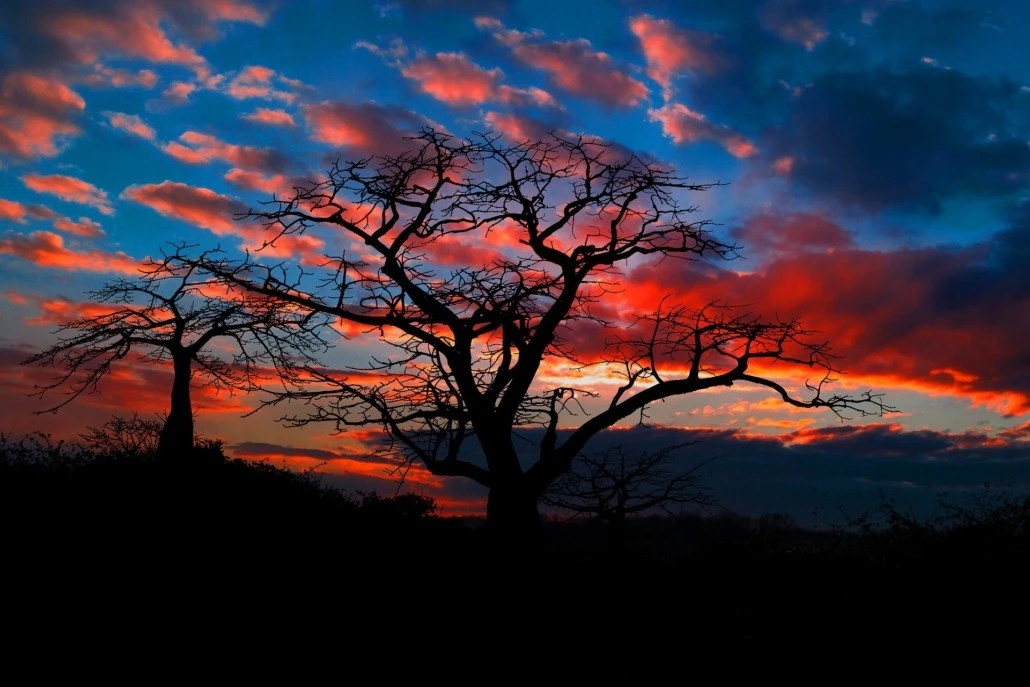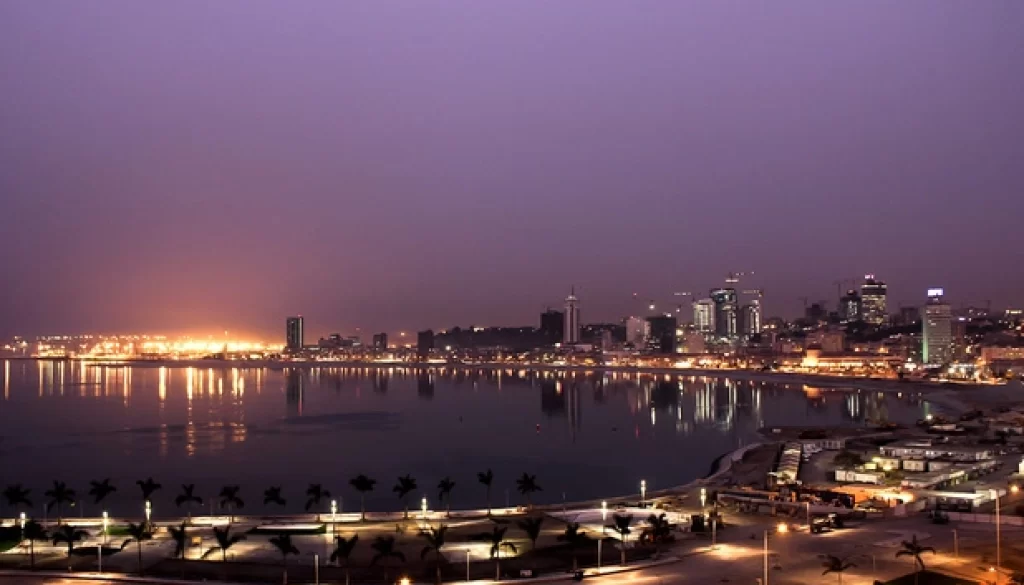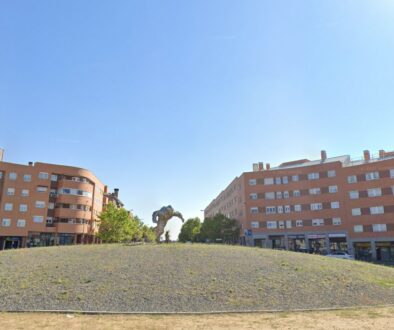Moving to Angola: Useful information and tips for moving to Angola
Moving to Angola, Expats Exploring Other Worlds In Angola
If you are thinking of moving to Angola, you may be interested in this article.
Angola is a South African country bordering Namibia to the south, the Democratic Republic of Congo to the north, and Zambia to the east. Traditionally, the Angolan coast was a Portuguese colony from the 16th century until 1975. It was then plunged into a civil war that lasted until the beginning of the 21st century, between 1975 and 2002.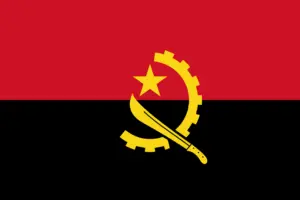
Some economic data
According to data provided by the Madrid Chamber of Commerce, Angola has abundant natural wealth, both mineral and agricultural, and offers numerous business and investment opportunities to foreign companies, the second largest oil-producing country in Africa.
The law passed by Parliament in 2015 on Private Investment has helped diversify the economy and promote wealth creation in Angola and has contributed to the country's economic growth. one of the fastest growing countries on the African continent and with the best conditions for investment. The World Bank expects its economy to grow by 2.8 % in 2023.
9.26% of the total number of Spanish investments in 2020 of the African continent were destined for this country. Angola offers numerous business opportunities for Spanish companies in the food and beverage, construction materials, automotive, agricultural machinery and especially in the fields of electrical energy, among others. Spain has an excellent image in Angola and Angolans are familiar with Spanish products. In 2020, around fifty Spanish companies from various sectors were already established in Angola or had permanent interests in the country.
What is life like in Angola? Geographical and social data
Angola, located in Central Africa, has a surface area of 1,246,700 km², and can therefore be considered as one of the most important countries in the region. a big country. With a population of 32,866,268 people, it has a moderate population density of 26 inhabitants per square kilometre.
It is a very attractive country for investors and entrepreneurs, due to its abundant natural resources. The mineral deposits (gold, iron, magnesium, quartz, zinc) and petroleum products have helped its economy to experience rapid growth since the 1990s, which has been consolidating since the end of the civil war. After Nigeria, it is the second largest crude oil producer in sub-Saharan Africa. The oil industry and construction are the two sectors that attract the most expatriates.. It also boasts one of the largest and least exploited diamond stocks world.
In the context of internationalAngola is a member of the African Unionof the Community of Portuguese-speaking Countriesof the Latin Union and the Southern African Development Community.
 But despite being a resource-rich country, the standard of living for most Angolans is very low and, in terms of social indicators, life expectancy (61.15 years) and infant mortality can still be improved. On the other hand, Angola's fertility rate is the third highest in the world, with an average of six children per woman nationally and eight in rural areas.
But despite being a resource-rich country, the standard of living for most Angolans is very low and, in terms of social indicators, life expectancy (61.15 years) and infant mortality can still be improved. On the other hand, Angola's fertility rate is the third highest in the world, with an average of six children per woman nationally and eight in rural areas.
But, for an expatriate there are some advantages The climate is tropical, the beaches are miles of beautiful beaches to enjoy, the landscapes are full of exoticism and the Angolans are very friendly and open-minded.
Its capital, Luandacame to be regarded as a the most expensive city in the world. The reason for this is its heavy dependence on foreign trade, with consumer goods coming largely from imports. The civil strife caused serious delays in agricultural and industrial production for almost 30 years, and it has still not managed to revive to optimal levels to guarantee the supply of the population.
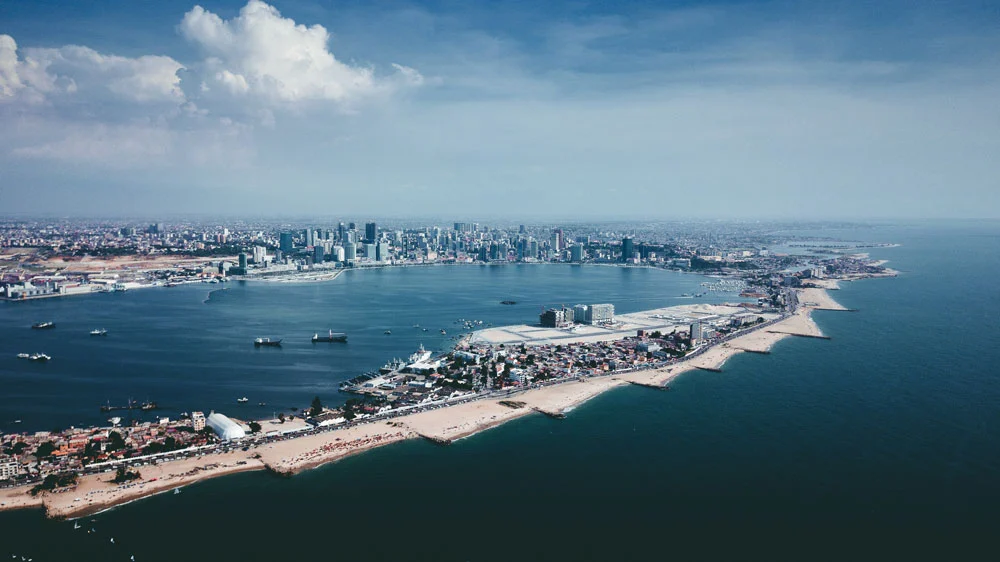
Working in Angola
For expatriates Angola offers a large number of qualified job vacanciesThe lack of training of the local population is a major problem, and this means that there is a wide range of jobs available in all sectors and a great demand for qualified professionals. Especially in the area of training, in order to prepare local cadres.
With regard to the work permitsThe bad news is that bureaucratic hurdles complicate access to the labour market. For a basic visa, valid for 30 days and extendable up to 90 days, it is necessary to have a letter of invitation from a local company, and to present a certificate of criminal record, in addition to filling in all the forms of the embassy of Angola. Regarding access to work visas, in addition to the criminal record certificate, it is necessary to present at the consulate all academic degrees and employment documents in due time and form: translated, stamped and legalised; as well as declarations of knowledge of and respect for Angolan laws.
On a day-to-day basis, the open and hospitable character The Angolan population means that cultural differences are not exclusive. In terms of security, daytime in the city of Luanda is normal during the day, although it is necessary to take basic precautions such as being accompanied at night.
For more complete information on bureaucratic formalities, precautions and other details about Angola, please visit this site Ministry of Foreign Affairs website.
Tourism in Angola
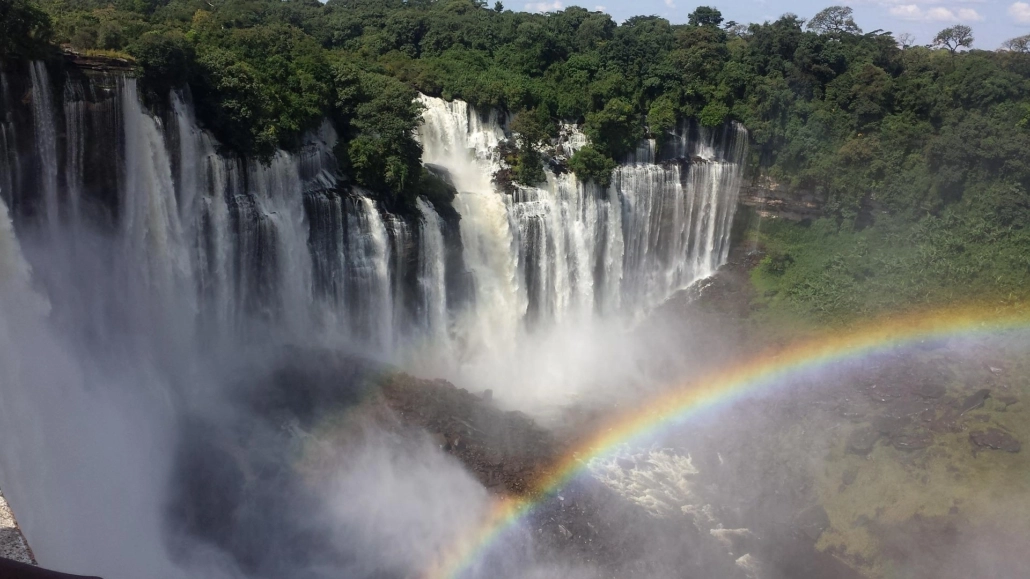
Touristically, Angola allows us to enjoy spectacular landscapes typical of the African continent. The highlights of Angola are:
- Its capital, Luanda.
- Caboyedoa beautiful beach where you can practice surf.
- The Cascade of Malange.
- M'Banza Kongoa historical and monumental place.
- Sumbea municipality in the province of Cuanza Surin western Angola
- Soyoa town in the province of Zaire at Angola.
- The Waterfalls of Kalandula.
- The Namib Desert
- The Tiger Bay on the Namibian border.
- The Black StonesThe rock formations are unique to this area of Africa.
- One of the most visited beaches is the island of Mussulo.

Curiosities about Angola
Some curiosities about this peculiar African country:
- The origin of the name "Angola". comes from the word Kimbundu “N'gola"which means "king".
- The Angolan currencythe kwanzacannot be taken out of the country. Attempting to do so is a criminal offence as it is illegal.
- The majority of Angola's population comes from villages of origin Bantu.
- The war Angola lasted 27 years (1975-2002).
- It was the captive slaves from Angola who carried the capoeira to Brazil. They developed it as a method of defence against their captors and to disguise the training, they introduced music and dance.
- Its main dance is the semba. This term comes from the word "massamba"which means 'to touch the bellies'. It is often confused with Brazilian samba and there is a belief that samba originated in semba when the Portuguese brought Angolan slaves to Brazil.
- The cogwheel and the machete of the flag of Angola seem to imitate the hammer and sickle of the Soviet Union. The star on the Angolan currency is also influenced by the Soviet flag.
- Photograph government buildings or military compounds is illegal in Angola and punishable by law.
- Although they are very close to each other, avoiding looking into the eyes if you have a conversation, because Angolans consider it disrespectful.
- The baobabThe tree, a curious tree with an unusual appearance, can be found almost everywhere in the country and brings a special feeling to the Angolans. Popular belief has it that God planted this tree upside down.
- The giant sabre –Hippotragus niger variani is a very rare subspecies of antelope that exists only in Angola. This animal has become a national symbol of the country, despite being endangered. Angolans have great respect for this animal, which, according to African mythology, symbolises beauty, vivacity, speed and beauty.
- The kyanda or mermaid is a frequently encountered symbol and symbolises a water spirit.

More information related to moving to Angola
If you want to more about Angolayou can't miss our podcast of Expatriates.
Gil Stauffer has been moving lives from continent to continent for 110 years: if you're going to take the ultimate step request a quote for your international removals with the best professionals!
you may also be interested in the following articles:
- Tips for happiness abroad.
- Prices and information for international removals.
- Tips for international moves.
- Tips on moving to another country for work.
